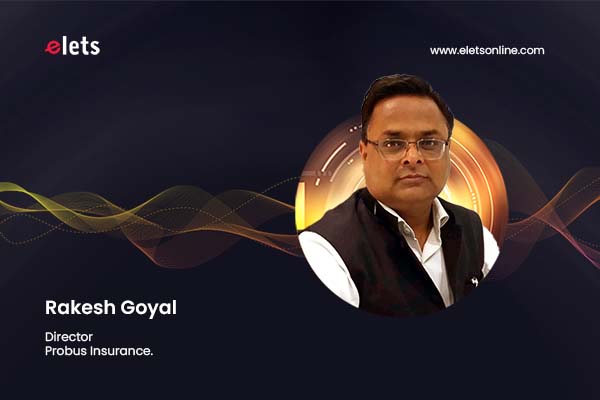It’s been over a week after the ‘festival of lights’ passed in India. Several individuals might have gotten ‘Diwali Bonus’—some might have already spent on extravagant holidays or to buy the latest gadgets. But some one might be still thinking on how to use that money for financial freedom.
In this article we try put the lists where you can put your Diwali bonus to good use.
Buy term plan
Term plan should be bought by everyone who is the sole earning member of the family. The basic concept of the term plan is that, if the bread earner of the family is not there, insurance amount of term plan can be taken used to take care of the deceased family members.
Typically, people tell that, term plan should be 10 times of their annual income. But it is ideal that the term plan should be based on their age factor. It’s better to have term plan based on his age rather than going just by having term plan of 10 times of their annual income.
Also Read: 5 Reasons why you should renew your car insurance policy
In order to get most out of buying term plans policyholders should also buy additional riders with the policy. These riders will allow policyholder to have a peace of mind. One should buy riders of critical illness, accidental death or permanent disability as they can give policyholders money when they need the most during the time of crises.
The premiums paid for term plan are also eligible for tax exemptions under Section 80C of Income Tax Act. For working couple, there are options of buying joint life term insurance plans also for flexibility.
Increase your health insurance
Even now inn India 80% of the people have out of pockets expenses in health insurance-which means that they don’t have enough insurance cover. Besides buying the right health cover policy, it is equally important to keep adequate coverage so that hospital bills are paid by the insurers, and you don’t have to pick the bill from your own pocket.
Also Read: Insurance Vs Assurance: Know the Difference
Investors should choose a health plan that secures them against a wide range of medical problems, and provides benefits including pre and post hospitalization, day-careexpenses, transportation, illnesses that you may be at risk of due to your family’s medical history. If they are buying health insurance for their family, check whether the policy meets the needs of each member of your family.
Coverage of health insurance is very important in the family. In urban cities like Mumbai, there is no use to buy a policy of just Rs 2 lakh. So, people living in urban areas should have a minimum of Rs 10 lakh as a health insurance cover.
Buying critical illness cover along with top-up and super top
Unlike a mediclaim plan, the critical illness plan, regardless of your hospital expenses, pays the entire sum insured on the occurrence of the specified illness. All insurers cover 10 to 12 major critical illnesses or even more, some of which are cancer, coronary artery bypass surgery, heart attack, stroke, kidney failure, aorta surgery, heart valve replacement, major organ transplant and paralysis.
In today’s time when costs of hospitalization are very high for people who can’t afford higher health insurance premiums could opt for top up or super top up for their health insurance policies. In simple words, a regular health insurance policy reimburses hospital bills up to the sum insured while top up plans covers the cost of bill which is higher than the sum insured.
Policyholders can buy a top-up policy either from the existing insurance provider or a different company. There are benefits of having top up plans, but the main advantages being a top-up plan can be bought at a minimal cost of a basic insurance plan and it can also be bought with family health insurance plans and health insurance plans for seniors.
Also Read: Changes you Need to Make in your Insurance Plan after Marriage
A regular top-up plan starts only when policyholders’ single hospitalisation cost crosses the deductible limit. It simply means that in case of multiple hospitalisations within a year and if each hospitalisation cost is below the deductible limit, the top plan will not kick in even when the total cost during the year crosses the deductible amount. But super top up plans cover that total of all expenses in a given year as it covers multiple hospitalizations-which is not the case with top up plans.
Views expressed in this article are the personal opinion of Rakesh Goyal, Director, Probus Insurance.
Elets The Banking and Finance Post Magazine has carved out a niche for itself in the crowded market with exclusive & unique content. Get in-depth insights on trend-setting innovations & transformation in the BFSI sector. Best offers for Print + Digital issues! Subscribe here➔ www.eletsonline.com/subscription/




















